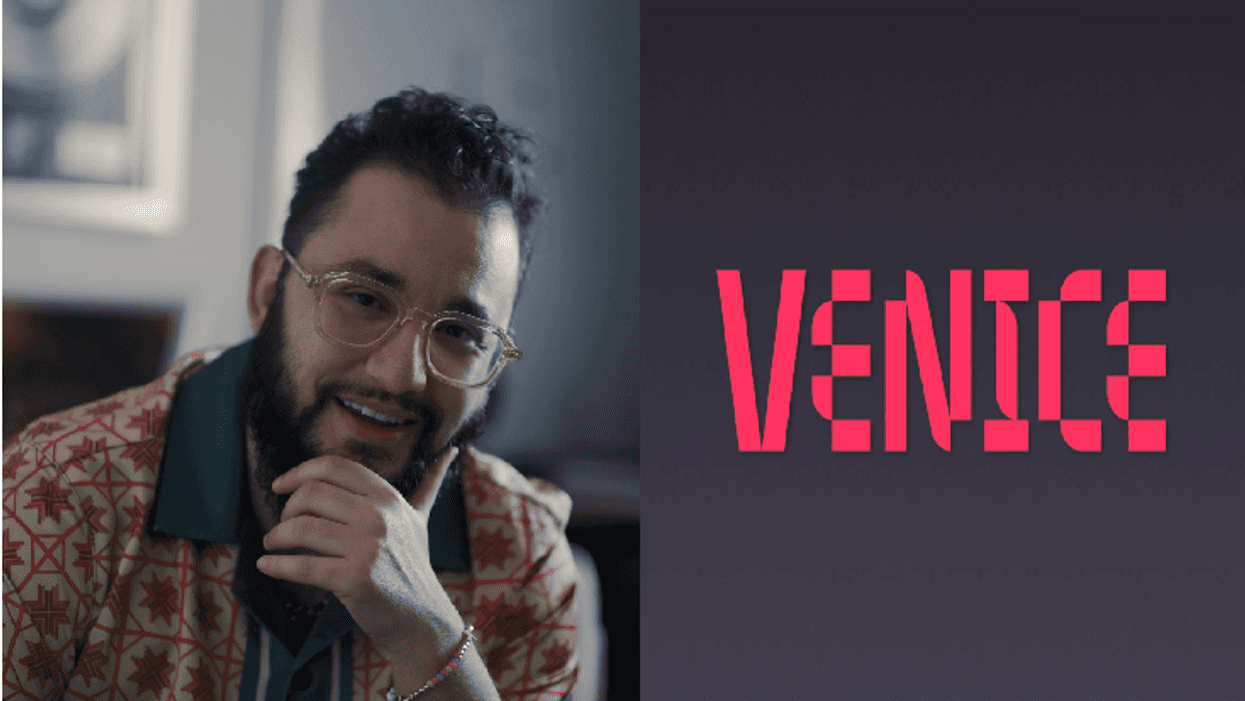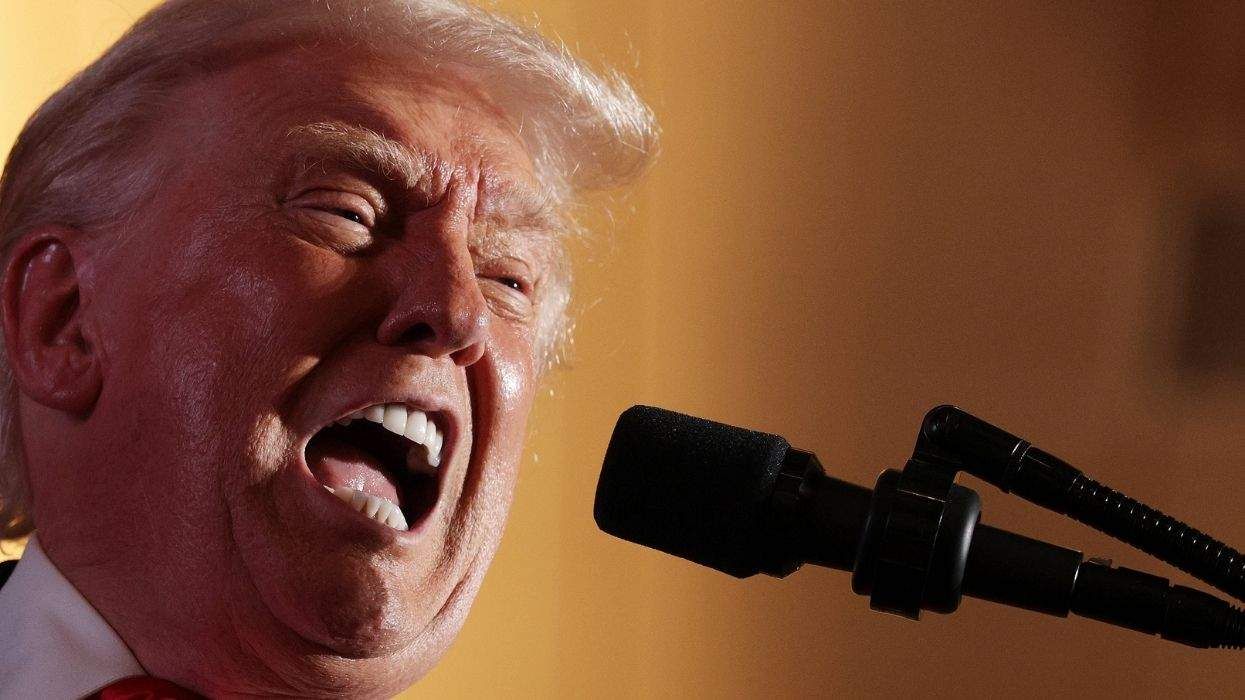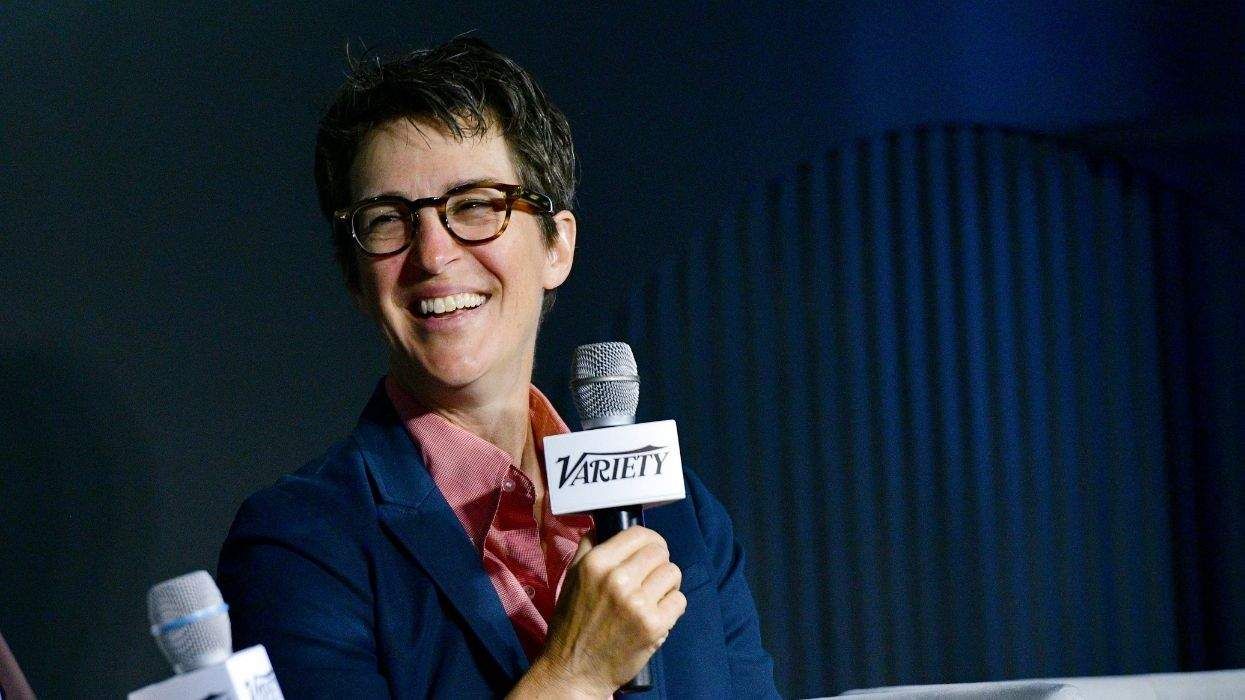Music and technology company Venice Music has named Dani Oliva as their Vice President of Legal and Business Affairs. He is the first openly transgender person to become an executive at a major music company.
Oliva has made several strides in the music industry recently. Before being promoted to an executive position, he received a platinum record earlier this year for his legal work on Ariana Grande's Grammy-nominated album Positions.
As someone who grew up playing instruments, music has always been a large part of Oliva's life. He tells The Advocate that art is how communities can connect with each other, and has particularly united queer communities throughout history.
"I feel like art, and music specifically, help us connect with our larger community, and with each other, and ourselves. ... I don't think we could do that without art," he says. "I definitely would not be here without art."
Though success didn't always come easy to Oliva, as he shares that throughout his twenty years in the music industry, he hasn't had many transgender colleagues.
"I remember then when I started, I didn't have any visible role models at all. As an executive, or somebody working in a music professional space. There were few transgender role models, period. In any major media," he says.
Oliva explains that he began his transition when he was already established in the music industry, creating more barriers for him to break through.
"I started as a woman in the music industry twenty years ago, and it was extremely difficult then," he shares, adding, "It's still difficult to be a woman in the music industry."
Oliva believes that becoming an executive as a transgender man is a huge step forward in the fight for equality since the music industry is already a difficult business to break into.
He explains: "For me, not having any visible role models, and trying to navigate an already difficult space - entertainment is a difficult space to work in - now, twenty years later, I still don't know any other trans or gender-nonconforming executives in the music industry."
While many queer musicians bring representation to the field, Oliva says it is critical to have queer people working behind the scenes - especially at an executive level - if LGBTQ+ art is to be properly supported.
"I think it's extremely important if the music industry is going to represent queer people and trans people. I think that it's important that the executive level folks represent or mirror who they intend to represent, whose art they intend to represent, whose creativity they intend to represent," he says. "It does carry a lot of weight for me, personally."
Oliva says that he intends to use his new position to uplift queer artists, and help them achieve their version of success.
"I'm really interested in helping music creatives - songwriters, producers, artists - and helping them navigate the industry, and helping provide infrastructure support, and just helping them achieve whatever success is to them," Oliva says. "Helping them thrive in the industry how they want to thrive in the industry."
As an executive, he wishes to push queer perspectives into the spotlight, to showcase all different lived experiences. He also intends to advocate for BIPOC and disabled artists, who are also particularly disenfranchised in professional settings.
"I do want to push for queer music, for LGBTQ music. I think that's important. I do want to push for underrepresented groups in music," says Oliva. "I think that diversity is extraordinarily important. It's so valuable to have diverse perspectives. And if I can make any kind of change in any way to help push these voices forward, that's extremely important to me."
As he begins the newest phase of his career, Oliva hopes he can be a figure that shows LGBTQ+ people that they can achieve anything.
"For me," he says, "this is a very big opportunity to be the role model I didn't have."





































































Charlie Kirk DID say stoning gay people was the 'perfect law' — and these other heinous quotes